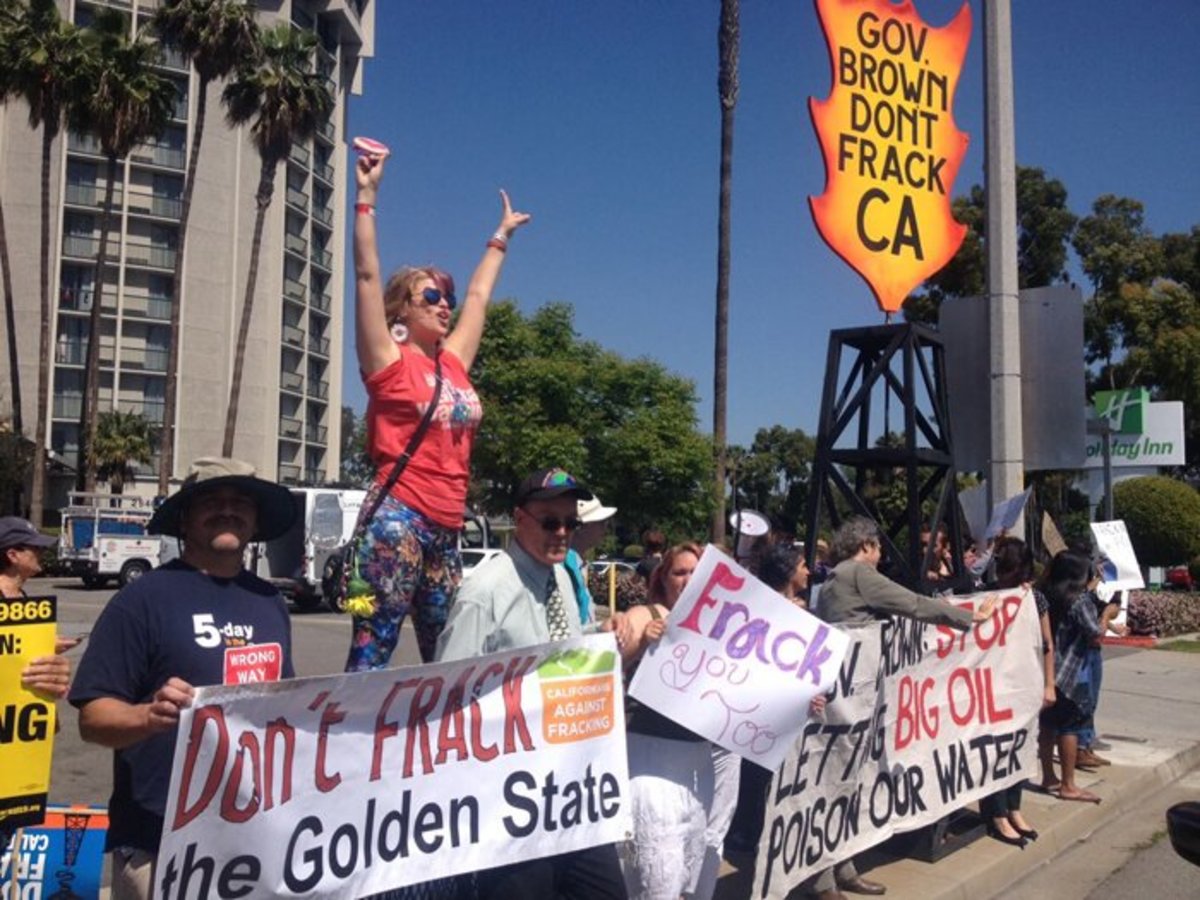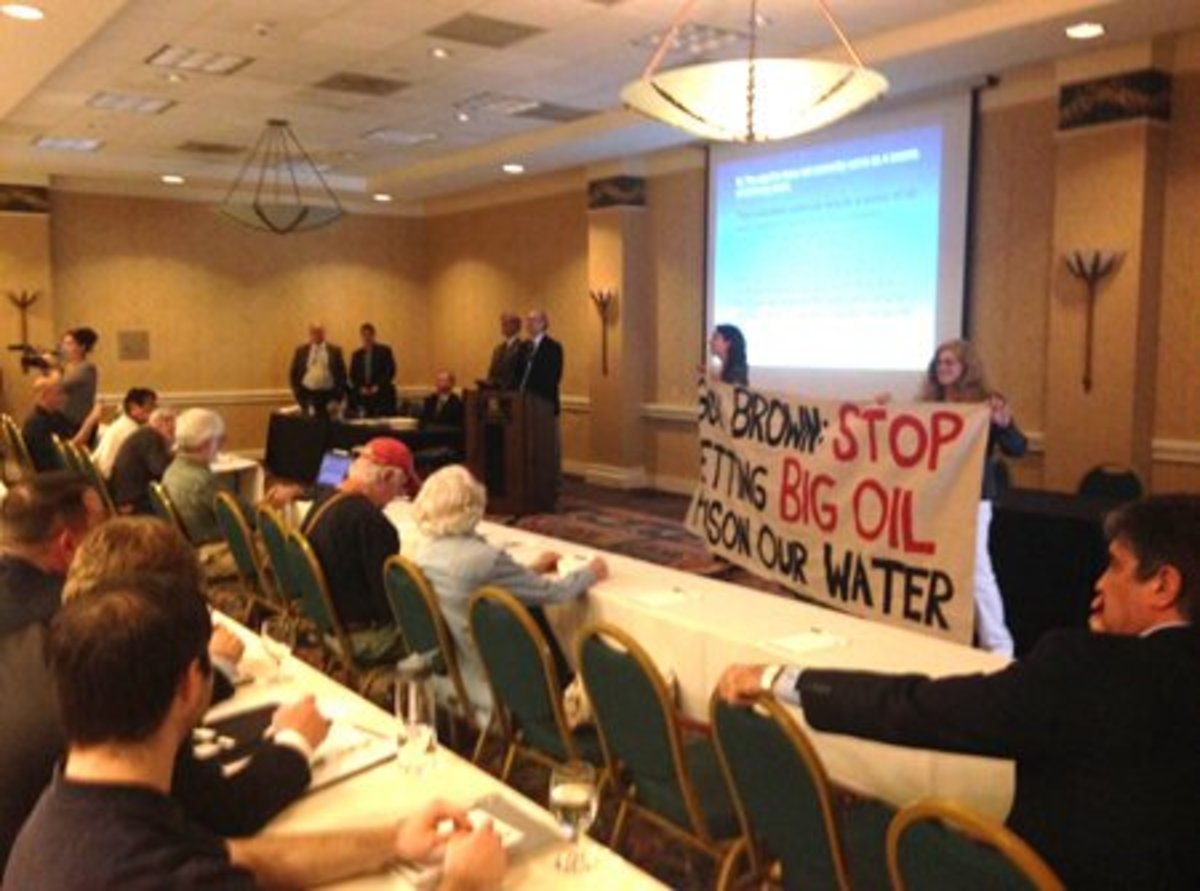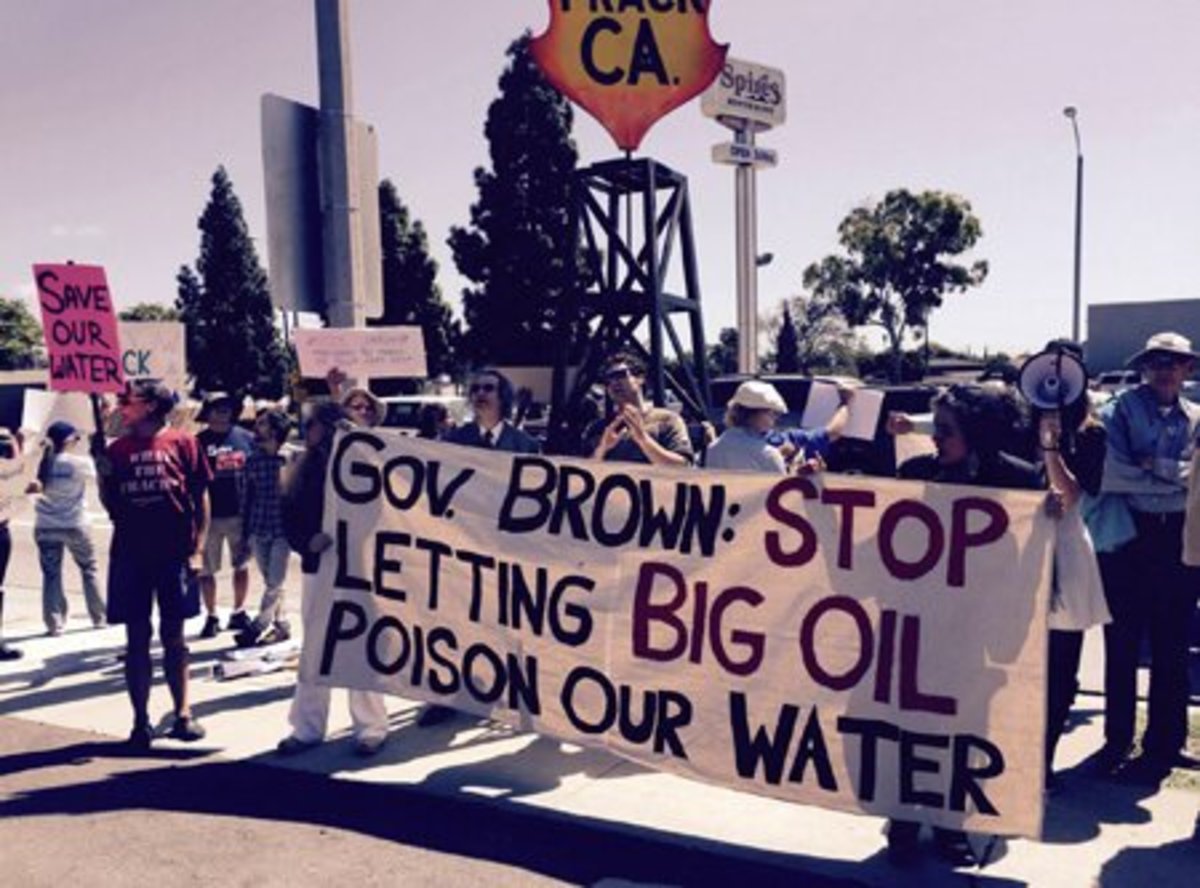How Shell, BP, And Total SA, Can Profit From The Oil Price Crash
By: MICHEAL KAUFMAN: Published: Mar 30, 2015 at 9:26 am EST
Despite largely unfavorable movement in crude oil price during the recent months, some of Europe’s biggest oil companies are finding support from trading desks as they face a prolonged slump, which has seen oil price hit six-year lows.
In the three years before the summer of 2014, crude oil price had been averaging over $100 per barrel. However, oil price have crashed 50% since then, owing to record-high US oil production levels, coupled with the Organization of Petroleum Exporting Countries’ reluctance to cut output. This led to a supply glut in global oil markets.
West Texas Intermediate crude oil futures for May delivery are currently trading at $48.87 per barrel, while Brent crude oil futures for similar settlement date are trading at $56.41 per barrel. The recent weakness in oil price is reflected in the exceptionally poor performance of the United States Oil Fund LP (ETF) (NYSE:USO) as the exchange traded fund has lost over 53% in the last 12 months.
Major oil companies from across the world have felt the effects of the fall in oil price, as squeezed profit margins and falling sales have translated into decreased profitability and negative share price drop. Amid the unfavorable business environment, large positions in oil trading could save face for major companies that have otherwise struggled during the recent months.
Royal Dutch Shell plc (ADR) (NYSE:RDS.A), BP plc (ADR) (NYSE:BP), and Total SA (ADR) (NYSE:TOT) – the European trio of oil companies known for their oil exploration and production activities – have been the major players in oil trading. According to data compiled by Bloomberg, the amount of crude oil and refined products traded by the three oil companies would suffice to serve the oil consumption needs of Germany, France, Italy, Spain, Netherlands, Japan, and India combined.
Their involvement and influence in the commodities trading market could result in huge gains during the current year as falling crude oil price allows them the opportunity to earn profits by buying oil at low price level, storing it, and selling in the future when the price makes it hugely-anticipated rebound. Increased volatility in price, while unsupportive for upstream and downstream activities, generally presents an opportunity for trading gains to be made.
According to Bloomberg, BP’s financial results implied a trading profit of $500 million during the first quarter of fiscal year 2009 (1QFY09), whereas its total adjusted income during the quarter was $2.38 billion. Gains from trading constituted more than 20% of its profitability at a time when oil price was low, following the financial crisis in the latter part of 2008. As oil companies are reluctant to post the results from trading activities, BP’s revelation during 2009 hints at how supportive trading gains could prove to be in a low-price environment, when profits from exploration and production activities take a beating.
Without explicitly posting results from trading activities, BP and Shell have hinted at the strength of their trading business. Last month, when BP posted 4QFY14 results, CFO Brian Gilvary said: “Improved result from supply and trading” has helped the company. Similar statements have been issued by Shell CFO Simon Henry when he spoke about the company’s profitability following the release of quarterly results on January 29. He said: “We are in a very strong commodity trading position,” while adding that the company’s ability to benefit from the volatility in oil price could go some way to cushioning the firm from the effects of low oil price.
Profits earned by the European trio from trading activities will most likely not be sufficient to balance the loss resulting from low price. It can be witnessed from BP’s quarterly loss of $4.4 billion, despite Mr. Gilvary’s comment about the company’s trading activities. Nevertheless, extra profits from trading will better position the three European companies to face the fallout from the rout in oil price.
With oil trading operations in major financial centers all over the world, the three European oil giants have a distinct advantage over competitors such as Chevron Corporation (NYSE:CVX), Exxon Mobil Corporation (NYSE:XOM), and Petroleo Brasileiro Petrobras SA (ADR) (NYSE:PBR). The volume of oil and oil products traded by the three oil companies far outsize the volumes traded by the biggest independent commodity trading companies, including the likes of Vitol Group, Trafigura Beheer BV, Mercuria Energy Group, and Gunvor Group Ltd, Bloomberg reports.
BP, Shell, and Total should find some respite in the fact that independent oil trading companies are hopeful of a successful year in terms of earnings. Oil traders generally perform better amid low-price environment. As pointed by Bloomberg, Vitol Group nearly doubled earnings in 2009, after the 2008 financial crisis weighed down the oil price. Increased volatility allows traders to make a larger number of bets regarding the movement of oil price, and the prudent ones tend to gain from their positions. Furthermore, lower per barrel price make it less capital intensive to take trading positions.
Despite oil struggling to find its bottom, analysts and industry experts largely expect oil price to rebound. Positive future expectations have resulted in a situation termed “contango”, when spot price of a commodity is significantly lower than its future price. It allows major traders to buy oil today and sell at a future date when price recovers. Considering the volume of oil traded by the three European companies, the much-anticipated oil price rebound is very likely to magnify their eventual profits.
The three European companies are also involved in trading of refined products as well as petrochemicals, electricity, and natural gas. In addition to the oil and gas produced from their oilfields, they also buy commodities from the markets to reinforce their trading business.
According to data compiled by Bloomberg, the European trio, on average, trades as much as 15 million barrels of crude oil and refined products per day. With trading floors located in major cities all over the world, the three companies employ over 3,500 people to run their trading businesses.
The TRUTH will set you FREE.
















 ;
;